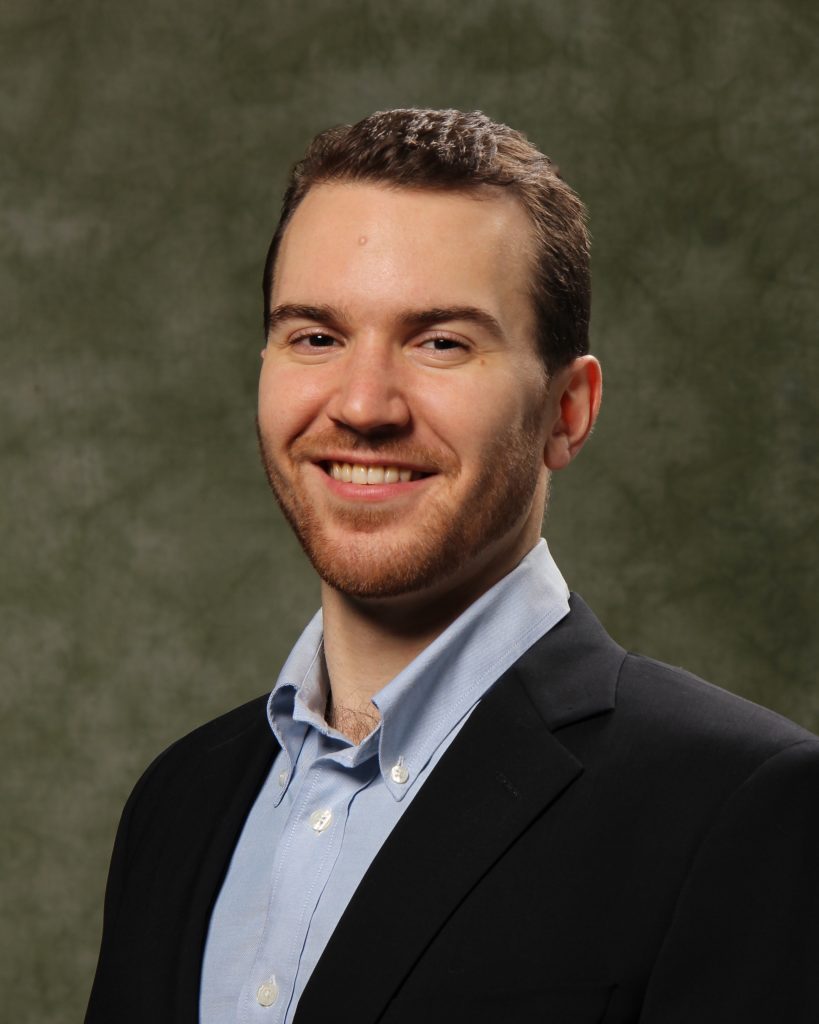
Pipe Dream spoke with Ivo Kennedy, ’19, who graduated from Binghamton University with a bachelor’s degree in psychology and is currently a second-year graduate student studying public health. His talk, “Redefining Farm To Table with Urban Agriculture,” explores our current environmental crisis and the actions we can take to help combat it in regards to food production and consumption. This interview has been edited for length and clarity.
Pipe Dream: Tell us a bit about yourself.
Ivo Kennedy: “I grew up playing on the manicured lawns of suburban Long Island, but I’ve gradually developed a deep love for the wild beauty of the natural world. I love diversity, and I think that’s what draws me to natural spaces. I think everyone experiences this, when you step into a space, like a forest, there’s this surreal quality to it that says, ‘welcome home.’ I think I’m a bit of a hippie, and I’m proud of that. I’ve always been an eccentric person. I’m constantly searching for new flavors to taste, sounds to hear, cultures to experience, ways to think. My most recent discoveries have been my love for all things pickled and fermented and ‘cyberpunk’ sci-fi novels.”
PD: What inspired your talk?
IK: “I love food, I love the environment and I love the vibrant character of city life. I wanted to explore how these three things can be compatible. I’ve also been studying public health for the past two years, and it has always bothered me that the health of our planet’s natural environment hasn’t been considered a conventional topic in public health. We really are facing the possibility of a very grave future when it comes to the health of our environment and, therefore, our own personal health. I wanted to push the notion that conservation and environmental sustainability really are at the core of public health and that we should value the natural environment as a critical component of human health the same way we value our doctors and health care organizations. In public health, we constantly talk about primary prevention — that is — stopping disease and negative health outcomes before they occur. I think it’s becoming clearer and clearer that if we’re really serious about focusing on primary prevention, we need to acknowledge that the health of our populations has its roots in the health of our environment — pun intended.”
PD: Why did you decide to get involved with TEDxBinghamtonUniversity?
IK: “My parents, fellow students and friends can attest to my frustrations and disillusionment with our failure to prioritize and adequately address the truly existential environmental crises we are facing as a planet. I wanted to channel the same energy and passion I have for discussing these issues over morning coffee or an afternoon beer into a TEDx platform that can reach more people. I saw this as an opportunity to spread awareness but also as a form of catharsis for myself. I wanted to add my voice to those who have been calling for addressing environmental crises for years, and I wanted to reach more people than my immediate friends and family.”
PD: What do you hope the audience takes away from your talk?
IK: “There’s a lot I’d like the audience to take away from my talk: the gravity of our environmental crises, the value of local food production, the nudge toward adopting a more plant-based diet and how all of this relates to human health. If I could boil it down to one thing, it would be for people to think twice about how much energy and effort are unnecessarily wasted producing and delivering food to consumers and to become aware of sustainable alternatives that are more healthy and sustainable for people and the environment. In much of the United States and other ‘industrialized’ countries, we take for granted the fact that we can walk into a grocery store and buy virtually anything, even if it’s out of season. I hope that my talk gets people thinking about the costs of this luxury and encourages them to keep these costs in mind when deciding what and how much to buy. Maybe more importantly, I hope people might be persuaded to take simple and positive steps, like seeking out local options like farmers markets or taking up gardening and trying to reduce their environmental footprint.”


